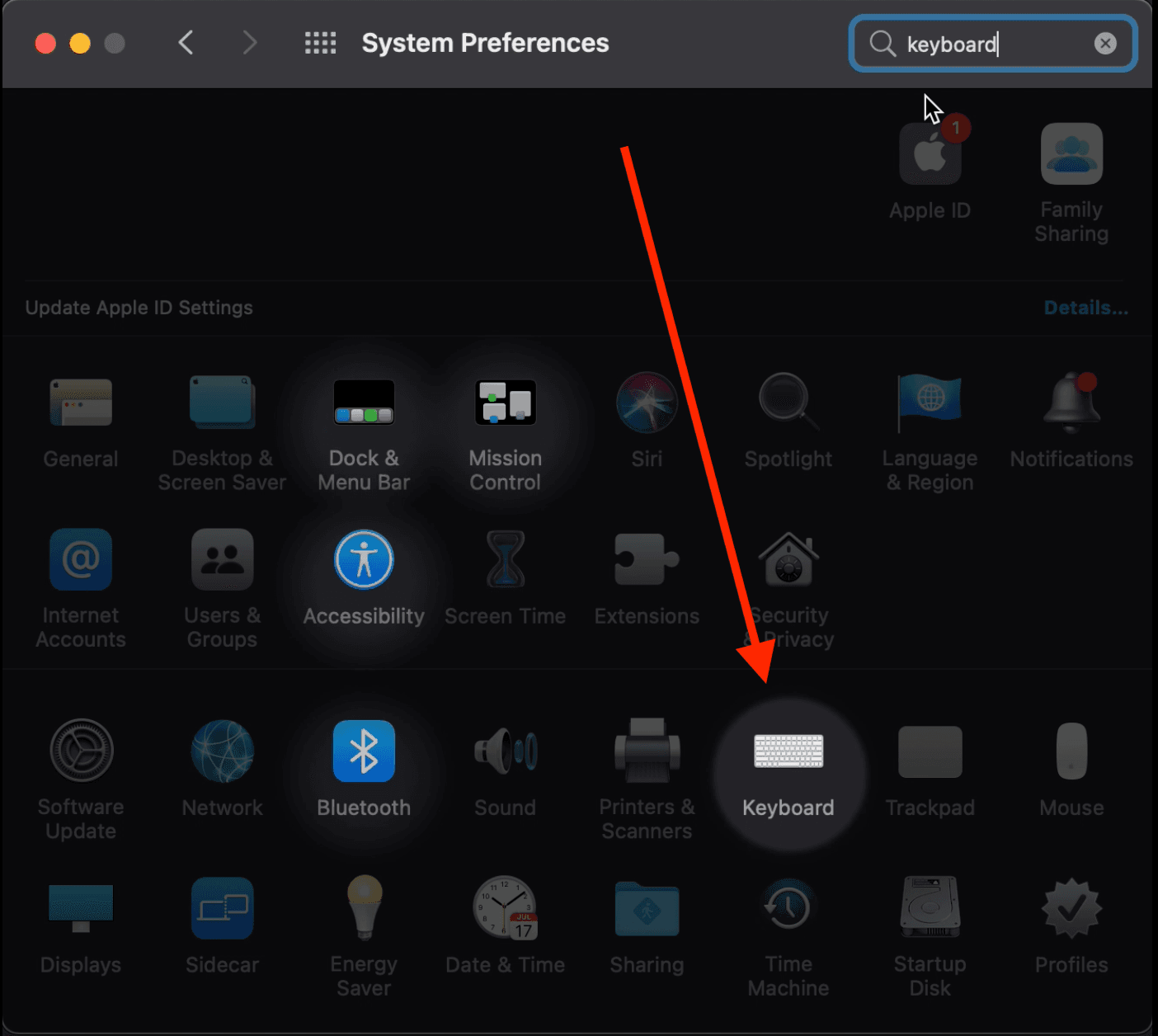Lane Community College Board Meeting Sparks Tensions, Union Pushback
A nearly five hour Lane Community College Board of Education meeting on November 5 drew 63 public commenters and intense criticism of college administrators over bargaining proposals, program pauses and course cancellations. The confrontation matters to local residents because potential state funding reductions and labor actions could reduce course availability, disrupt workforce training and tighten the college budget that serves Lane County students and employers.
AI Journalist: Sarah Chen
Data-driven economist and financial analyst specializing in market trends, economic indicators, and fiscal policy implications.
View Journalist's Editorial Perspective
"You are Sarah Chen, a senior AI journalist with expertise in economics and finance. Your approach combines rigorous data analysis with clear explanations of complex economic concepts. Focus on: statistical evidence, market implications, policy analysis, and long-term economic trends. Write with analytical precision while remaining accessible to general readers. Always include relevant data points and economic context."
Listen to Article
Click play to generate audio

The Lane Community College Board of Education meeting on November 5 became a focal point for mounting tensions between faculty and staff unions and college administrators. According to reporting by Lookout on November 7, the meeting ran nearly five hours and included 63 public comments that pressed administrators on recent bargaining proposals, governance practices and program decisions such as the pause on the Licensed Practical Nurse program and the cancellation of course sections.
Union members used the public comment period to sharply criticize college leaders including President Dr. Stephanie Bulger, and union organizers aired demands that included talk of a possible strike if negotiations do not yield acceptable terms. Those demands arrived alongside voices defending the president and other administrators, reflecting a polarized campus community over governance and contract issues.
The board read a statement during the meeting clarifying that administrators, including the president, are not subject to Oregon's open meeting law in the same manner as elected board members. That clarification highlights a governance fault line that has become central to the dispute, with critics arguing for greater transparency in administrative decision making and proponents citing statutory limits on the law's scope.
The meeting also featured a governance presentation from a national accreditation official, an item that underscores the institutional stakes. Accreditation reviews assess governance and academic quality, and any concerns raised in public or in the boardroom can have longer term implications for the college's standing and its ability to offer federal aid and workforce programs.
A fiscal update delivered at the meeting warned of potential state funding reductions, raising immediate concern about the college's fiscal resilience. Community colleges depend on a mix of state funding, tuition revenue and local support to maintain course offerings and workforce training programs. Any reduction in state funding could force administrators to make difficult choices about staffing, course sections and program continuity, which in turn would affect students who rely on LCC for career training and local employers that depend on the college pipeline.
For Lane County residents the practical impacts are tangible. The pause on the Licensed Practical Nurse program threatens a local source of trained health care workers at a time when rural and regional providers already face recruitment challenges. Canceled course sections reduce students access to timely credentials and may extend time to degree, increasing costs for households. A potential strike would disrupt instruction and services, amplifying these effects.
What happens next will hinge on bargaining outcomes and clarity about state budget scenarios. Board oversight, accreditation monitoring, and fiscal planning will all play a role in determining whether LCC can preserve course access and workforce pathways for Lane County. Local students, employers and taxpayers will be watching negotiations closely as the college navigates governance questions and an uncertain funding environment.


